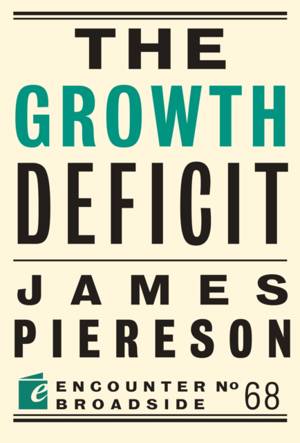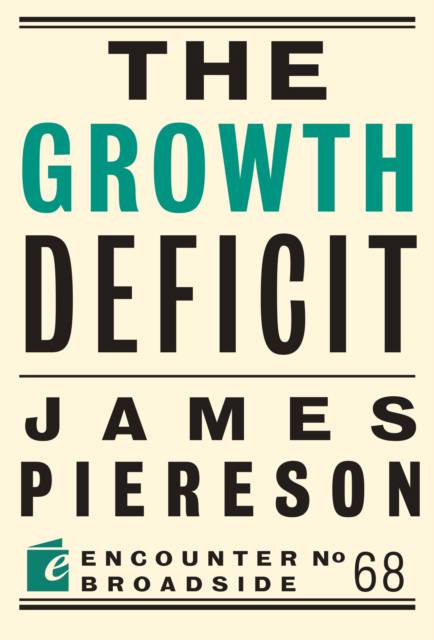
- Afhalen na 1 uur in een winkel met voorraad
- Gratis thuislevering in België vanaf € 30
- Ruim aanbod met 7 miljoen producten
- Afhalen na 1 uur in een winkel met voorraad
- Gratis thuislevering in België vanaf € 30
- Ruim aanbod met 7 miljoen producten
Zoeken
€ 10,45
+ 20 punten
Omschrijving
During the 1980s and 1990s, European economies went through a period of slowing economic growth and high unemployment, what some economists described as "secular decline." On the other side of the Atlantic, the United States enjoyed a robust recovery during those years by reducing taxes, eliminating regulations on business, and tightening monetary policy. Now, after two decades of subpar growth, the question is whether or not the American economy has entered into its own era of secular decline.This Broadside examines this troubling development, recognizing that there are no easy solutions to the problem. Lacking workable solutions, Americans will have to adjust to a future of slow economic growth, with all that implies for inter-generational progress, American strength abroad and political conflict at home.
Specificaties
Betrokkenen
- Auteur(s):
- Uitgeverij:
Inhoud
- Aantal bladzijden:
- 48
- Taal:
- Engels
- Reeks:
- Reeksnummer:
- nr. 68
Eigenschappen
- Productcode (EAN):
- 9781641773348
- Verschijningsdatum:
- 1/11/2022
- Uitvoering:
- Paperback
- Formaat:
- Trade paperback (VS)
- Afmetingen:
- 117 mm x 173 mm
- Gewicht:
- 45 g

Alleen bij Standaard Boekhandel
+ 20 punten op je klantenkaart van Standaard Boekhandel
Beoordelingen
We publiceren alleen reviews die voldoen aan de voorwaarden voor reviews. Bekijk onze voorwaarden voor reviews.







